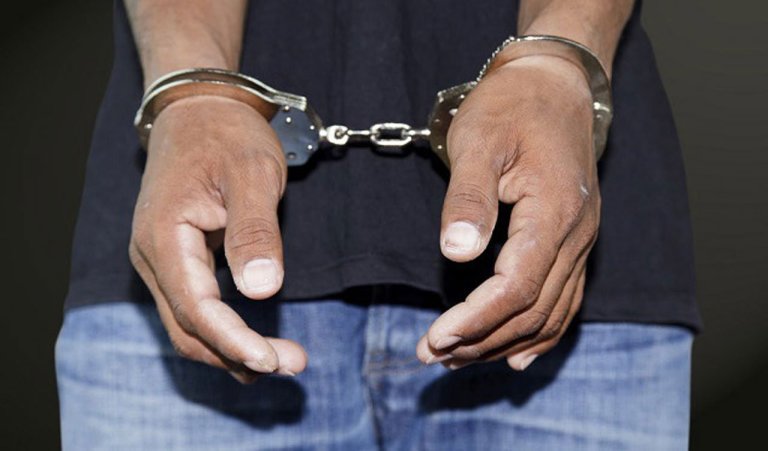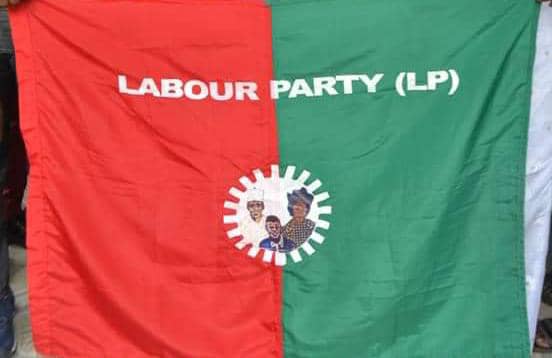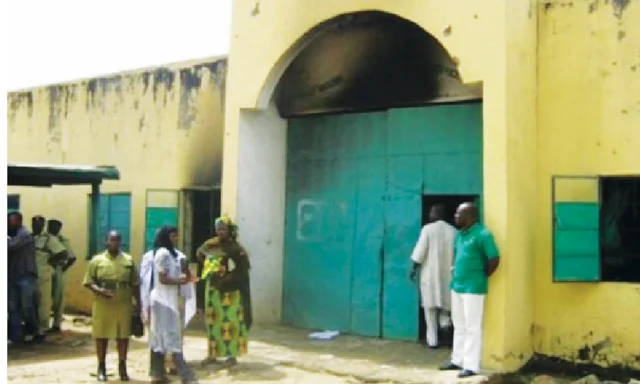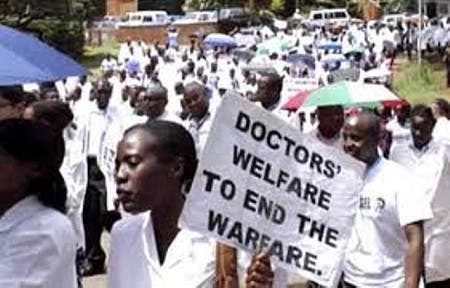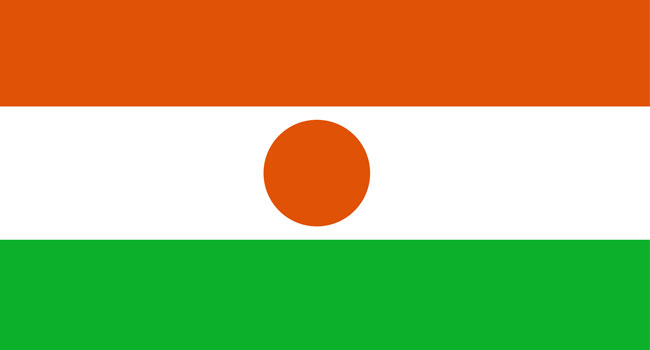BY TOYYIB MUSA-OMOLOJA
Few people today will not marvel at the self-destruction going on in the south-east of Nigeria. The insanity which started with attacks on symbols and institutions of democratic government associated with Nigeria has continued to grow in amperage. The audacity of it all is now yielding to monstrosity and incredulity as to how a people can be so vicious and uncircumspect about their own good.
Last Sunday, October 3, 2021, a house belonging to Joe Igbokwe, who is a special adviser to Governor Babajide Sanwo-Olu of Lagos state, was razed in Nnewi, Anambra state. That same day, the house of Dr. Chu Okongwu was also torched in the same Itolo in Nnewi. Okongwu, 87 years old, was a former minister of finance between 1986 and 1990 during the regime of General Ibrahim Babangida. Prior to that, he was also the minister of national planning between 1985 and 1986. The house of this octogenarian was also razed. You wonder what the anger is all about!
Days before these atrocious acts, Dr. Akunyili, spouse of the late information minister, was gruesomely murdered on his way back from the commemorative lecture held in honour of his late wife, Dora.
Doctor Akunyili was based in Enugu where he ran a hospital reputed to be one of the best in the state. This gruesome murder was coming at a time the Nigerian health system is under immense stress and strain occasioned by multifaceted challenges including brain drain. While the Word Health Organisation (WHO) recommended a doctor to patient ratio of 1: 600, what is obtainable in Nigeria is 1: 6000. That murder was so unconscionable!
Within the same week, there were reported attacks on the offices of the Department of State Service (DSS) and the Federal Road Safety Commission (FRSC).
In all of these senseless attacks and killings, IPOB denied involvement, and suddenly, it is now the reign of ‘invisible forces’ called unknown gunmen (UGM). These gunmen are not human beings. They are not recognisable. In fact, they seem to be extraterrestrial beings. What a wallow in self-deceit!
Students writing the last SSCE examination were prevented from sitting for the examination all in the name of enforcing compliance with certain self-destructive directives from IPOB. The situation is growing so badly in the south-east that increasingly, it is becoming difficult to demarcate between Boko Haram and what these people causing mayhem and destruction stand for.
Much of this inanity is linked to the agitation for Nnamdi Kanu’s release from detention. IPOB, founded in 2014 by the detained secessionist, has been at the forefront of this agitation.
Everything about Nnamdi Kanu and his creations like IPOB and Eastern Security Network (ESN) is a manifestation of failed leadership both at national and regional levels. Prior to 2009, Nnamdi Kanu was still an obscure figure in Nigeria. Ralph Uwazuruike, leader of the Movement for the Actualisation of the Sovereign State of Biafra (MASSOB), made him director of Radio Biafra, a platform which he used to dispense hate-filled rhetorics about Nigeria and other nationalities, except the Igbo, that made up the country.
All along, the radio was actually transmitting from London. How it took the Nigerian government so long to jam that radio can only beat one’s imagination. And by 2017, three years after he founded IPOB, a self-determination organisation, the group was designated a terrorist organisation. Here comes some of the contradictions and failures of leadership that continue to haunt us as a country. At the time IPOB was designated a terrorist organisation, it had not done anything so unusual other than its gibberish and sewer language deployed against Nigeria. Yet, during this period, the country has been groaning under the onslaught of the ubiquitous herdsmen and bandits that held the country by the jugular. As I’m typing this, the national assembly is even begging the president to call them their proper name: terrorists.
The ESN was formed in December 2020 as an armed wing of the proscribed IPOB, largely in response to the rampages of herdsmen in the south-east and perhaps, as a response to the killing of 21 of its members at a meeting in August 2020. Two police officers were said to have died in that confrontation, and since then, violence has escalated in the south-east. The real lionisation of Nnamdi Kanu probably occurred in 2015 when he was arrested by operatives of DSS. Following that arrest, protests broke out in parts of the south-east and south-south, and from then on, he has continued to contest fairly successfully with elected public officers in the south-east for the loyalty of the people of the region.
Nnamdi Kanu’s popularity would not have soared nor his message resonated with his people if President Muhammadu Buhari has not been seen as a divisive leader. Buhari’s leadership that tends to amplify the fracture lines in our polity contributed in large measure to gifting Kanu and his ilks a heroic appeal.
However, no matter the grievances of IPOB or ESN that has now mutated to the ‘invisible forces’ called unknown gunmen, destroying the south-east cannot be a reasonable and justifiable option. The amount of money lost each time people in the region were forcibly shut-in to prove a point, no matter how jejune, can only be colossal. Each time this occurs, the region bleeds economically and it affects the country too. Billions of naira are lost, and soon enough, people in the region will begin to understand the meaning of this economic drainage.
In all of this, south-east leaders need to engage in introspection and tell themselves the truth. Losing the support of their people at home, and also working against the interest of their region politically does not attire them in a beautiful toga. The last southern governors meeting that was hosted by Ifeanyi Ugwuanyi, governor of Enugu, revealed so much about the political sophistication of the south-east.
Except for the host, all the south-east governors stayed away from that crucial meeting which was held in their region. Presidential politics is too serious to be approached half-heartedly, and Nigeria’s heterogeneity and the fierce competition it engenders do not require such a lukewarm attitude of south-east political leaders. The displayed narcissism is more injurious to the political health of their people.
There is no gainsaying the fact that the emergence of Kanu, and even Sunday Igboho, speaks to the failure of leadership in the polity. These people are just filling the vacuum created by the dearth of heroes and inspirational leaders in our country.
Above all, solving the problem of the south-east requires them to love themselves truly without necessarily hating others, emplacing leadership that put the people first, and a Nigeria that is truly run like a federation.
When people destroy themselves
Post Date : October 8, 2021


